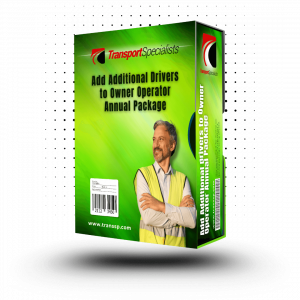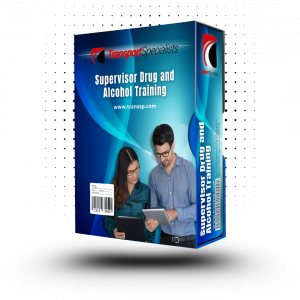In a move that sent shockwaves through the trucking industry, the U.S. Department of Transportation has enacted an emergency Interim Final Rule that drastically overhauls the system for non-domiciled Commercial Driver’s Licenses (CDLs). Citing a “national emergency that requires action right now,” DOT Secretary Sean Duffy announced the rule is effective immediately, bypassing the usual public comment period.
The regulation is set to impact the nearly 200,000 non-citizen drivers currently holding these licenses, with the FMCSA anticipating that about 194,000 will be forced out of the industry within the next two years as their credentials come up for renewal. This is one of the most significant and abrupt regulatory shifts in recent memory, and understanding its details is critical for every carrier in the country.
The emergency rule fundamentally changes who is eligible for a non-domiciled CDL and how it can be obtained or renewed. The changes are strict and immediate.
- Limited Eligibility: Only holders of specific visas—H-2B, H-2A, and E-2—will now be able to obtain a non-domiciled CDL. An Employer Authorization Document by itself is no longer sufficient.
- In-Person Renewals: Every single issuance and renewal of a non-domiciled CDL must now happen in person.
- Annual Renewals: The renewal period for these CDLs has been shortened to the end of the driver’s work authorization or one year, “whichever comes first”.
- Immediate Effect: The rule is not a proposal; it is an Interim Final Rule that is effective immediately.
This emergency action was prompted by a string of recent, fatal crashes involving non-domiciled CDL holders and the results of a DOT audit that uncovered what Secretary Duffy described as a “systemic breakdown” in the licensing system.
The FMCSA’s investigation found major issues in several states, including Colorado, Pennsylvania, South Dakota, Texas, and Washington. The situation in California was described as the most “egregious,” with findings that one in four non-domiciled CDLs in the state were issued improperly. The audit revealed licenses being issued to individuals not eligible for U.S. CDLs and for periods far exceeding their legal right to work in the country.
According to the FMCSA’s rulemaking, “Since the beginning of the 2025 calendar year, FMCSA has identified at least five fatal crashes involving non-domiciled CDL holders.” At least two of these drivers were found to have been improperly issued a CDL. This, combined with what Duffy called a “reckless disregard” for safety and federal guidelines, led the agency to declare the situation a national emergency.
The fallout from this rule is already underway.
- States that issue non-domiciled CDLs are now required to pause issuance until they can ensure full compliance with the updated regulations.
- California, in particular, has been given a 30-day ultimatum to fix its processes or risk having its entire CDL program decertified and losing up to $160 million in federal highway funding.
For carriers, the most significant impact will be on driver capacity. The FMCSA stated, “FMCSA anticipates that these drivers will exit the market within approximately two years as their credential comes up for renewal, and that the market will respond to this change in capacity as it has in the past, with rates adjusting and drivers and carriers entering the market where needed.” A reduction of nearly 200,000 drivers—about five percent of the total CDL population—is expected to cause significant adjustments in freight rates.
Navigating this regulatory storm requires immediate attention.
- For Carriers: It is crucial to immediately verify the status and eligibility of any non-domiciled CDL holders you employ. Be prepared for a tighter driver market and potential upward pressure on freight rates as capacity shrinks.
- For Drivers: Domestic drivers may see new opportunities as the driver pool adjusts. However, the overall market volatility could affect everyone.
In a volatile regulatory environment like this, staying informed isn’t just good practice—it’s essential for survival. The rules have changed overnight, and what was compliant yesterday may be illegal today.
The FMCSA’s emergency rule is a clear signal that the agency is cracking down hard on compliance issues it deems critical to public safety. For trucking businesses, this is a powerful reminder that the regulatory landscape can change in an instant.
At TRANSSP, our mission is to keep you ahead of these changes. We monitor regulatory updates in real-time to provide our clients with the information and support they need to remain compliant and operate with confidence.
The transportation landscape is changing rapidly. To stay ahead of critical updates and ensure your operation is secure, follow the TRANSSP blog and contact our team for a full compliance review.





